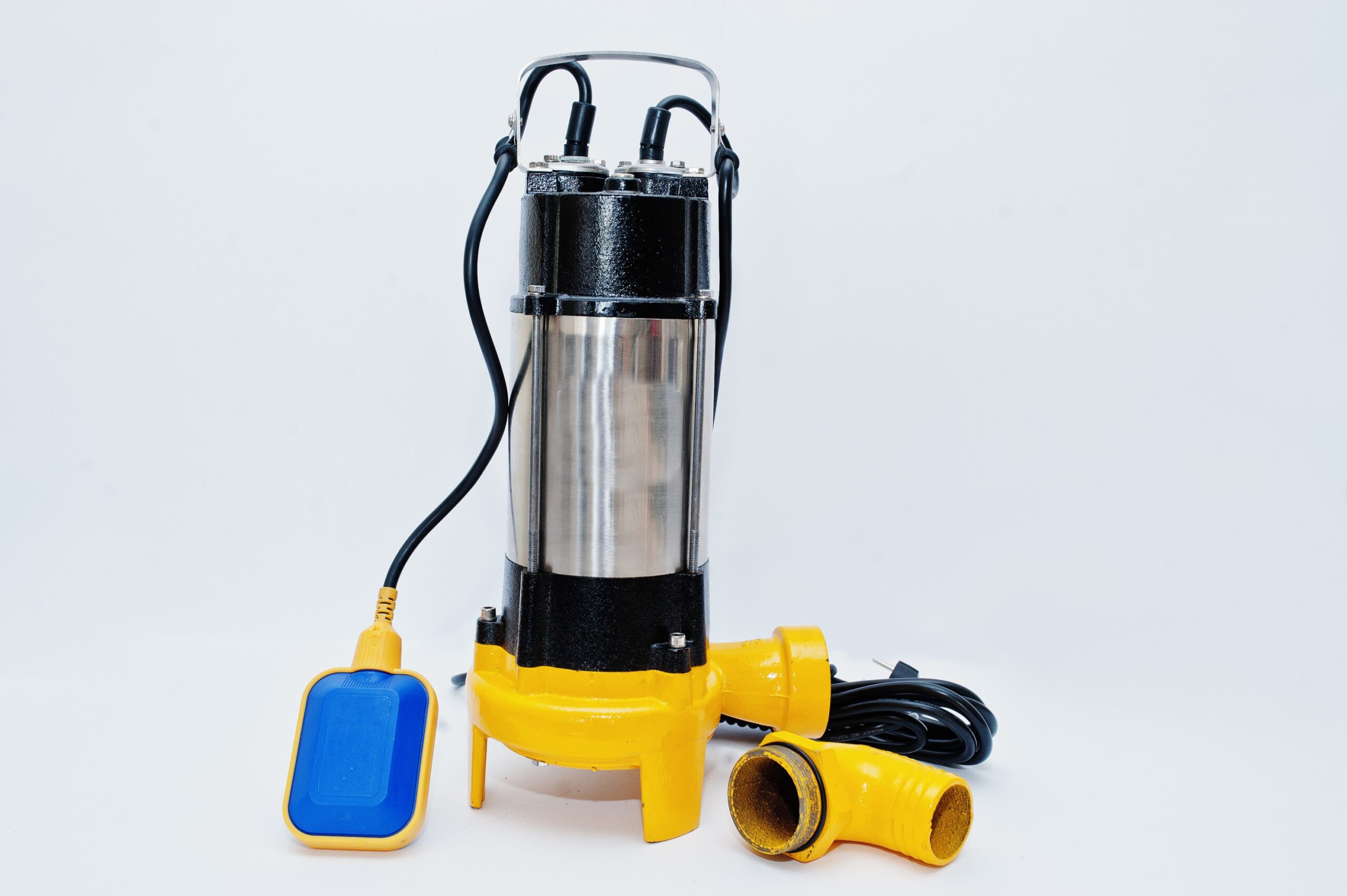What Is Employee Claims Management and Why Does It Matter in Singapore Workplaces

Strong workplaces bloom when people feel safe, seen, and trusted. But even in calm offices, problems can sneak in—arguments, accidents, or broken promises. Employee claims management helps leaders catch these problems early and fix them fast. Busy work life, this system guards team spirit and keeps trouble away. When leaders step up, speak clearly, and make fair choices, the whole team stands taller.
Understanding Employee Claims
Claims happen when workers speak up. They might feel unsafe, mistreated, or unpaid. Some get injured. Some feel ignored. These problems shake team spirit. If leaders ignore them, tiny sparks turn into fires.
Common reasons for claims:
- Injuries during work.
- Late or missing pay.
- Unfair treatment or rude talk.
- Broken promises or rules.
Fixing claims early saves stress, stops fights, and guards peace.
Proper Management Makes a Difference
Strong employee claims management systems build trust. Workers feel safe to talk. Leaders step in, listen, and act. This lifts team spirit. When people feel heard, they give their best.
A solid system helps:
- Clear the air between teams.
- Settle issues before they grow.
- Follow the law.
- Attract good workers.
When problems get fixed quickly, workers stay sharp and steady.
Elements of a Strong Claims Process
To steer claims well, a company needs a good map. This map tells workers where to go and what to do. A good process clears doubts and builds trust.
Strong systems include:
- Simple steps to report issues.
- Fast checks and fair talks.
- Clear results backed by proof.
- Neat records for future use.
When rules stay clear, no one gets lost.
How Claims Management Links to Legal Rules
Singapore laws protect workers. If a company breaks these rules, trouble shows up. Courts may step in. That’s why businesses must follow the law when handling claims.
A good system covers:
- Rules in the Employment Act.
- Leave and injury reports.
- Pay slips and time sheets.
- Fair exits backed by facts.
When leaders respect the law, they guard their teams and their names.
Supporting Line Managers in Handling Claims
Line managers lead teams. They hear the first cry for help. But without help, they may fumble. They need tools and support to do the right thing.
Help them by:
- Giving clear rules and training.
- Sharing guides and checklists.
- Let them ask HR for help.
- Showing how to talk with care.
When managers stay ready, they fix things before they break.
The Emotional Side of Employee Claims
Claims rise from feelings. Some workers feel pain. Others feel fear. Maybe someone feels left out or angry. These emotions matter.
To care for people, leaders can:
- Show they listen and care.
- Speak kindly and stay honest.
- Clear up doubts without blame.
- Bring teams back together after fights.
When people feel safe, they stay steady and strong.
Mistakes That Cause More Trouble
Even kind leaders make errors. These slip-ups can make workers feel small or alone. Mistakes also stir up more problems.
Avoid these common mistakes:
- Waiting too long to act.
- Letting others hear private things.
- Taking sides unfairly.
- Ignoring the outcome.
A single wrong step can crack trust. Smart steps keep the peace.
Using Technology to Make Things Easier
Tools can help speed things up. With simple tech, companies fix issues quicker and avoid missing steps.
Useful tools include:
- Online forms to report problems.
- Dashboards to track each case.
- Alerts that remind staff to act.
- Safe places to store notes and papers.
When tech clears the way, teams work smoothly.
Building a Culture That Prevents Claims
Fixing problems is good. But stopping them before they grow is better. A kind and fair workplace keeps problems away.
To build a strong culture:
- Teach workers their rights.
- Talk about the rules.
- Praise kind acts and teamwork.
- Give space for open talks.
Kindness and fairness keep storms away.
Impact on Workplace Culture
When a company handles claims with care, it grows stronger. Workers know they can speak up. Leaders learn to listen. This builds a team that works like a family.
When people feel safe:
- Stay longer at work.
- Focus harder.
- Care about others.
Safe teams don’t just finish tasks — they shine.
How Claims Build Honest Workplaces
When workers trust their leaders, they speak up without fear. A strong claims system helps everyone face problems early. It clears confusion, stops gossip, and grows trust. In Singapore, where teams move fast, honesty keeps the workplace steady. When leaders step in fast, they protect both people and peace.
Signs That Show a Fair Workplace
- Workers know where to go when things go wrong.
- No one gets punished for telling the truth.
- Leaders jump in and fix problems.
- Everyone gets the same fair chance.
Turning Claims Into Learning Moments
Claims do more than stop trouble—they teach. When workers speak up, they uncover what needs to change. Smart leaders grab these moments and turn them into growth. In Singapore’s fast-moving world, learning from claims helps teams stay ready and strong.
What Claims Can Teach a Team
- Spot broken rules or weak spots
- Learn how workers feel.
- Sharpen safety rules and training.
- Build kinder ways to solve problems.
Making It Easy for Workers to Speak Up
Silence lets small problems grow. A simple and friendly system invites workers to share without fear. In Singapore’s busy work life, leaders must clear the path and make sure every voice counts.
Ways to Make Claiming Simple
- Use easy words in forms and steps.
- Let workers talk to someone they trust.
- Keep all talks private and safe.
- Show action after every complaint.
Final Thoughts
Great teams don’t grow in silence—they rise through fairness, listening, and clear talk. When problems pop up, smart leaders face them with care. Employee claims management shows workers their voices carry weight. Singapore, where structure matters, this system shields both people and businesses. Leaders who act early, speak fairly, and treat staff with heart grow stronger teams. They don’t just fix problems—they build places where people stay, grow, and feel proud. Good workplaces start with small, bold steps—and claims management leads the way.
Frequently Asked Questions
1. What should a worker do if they face a problem at work?
The best move is to walk up to a trusted leader or manager and share the problem. If the issue stays or feels too big, the worker can fill out a form or reach out to HR. Speaking early helps stop the trouble before it spreads.
2. How long does it take to solve a workplace problem?
That depends on the size of the problem. Some get sorted in a few days. Others may need more time to check facts and hear both sides. Good teams jump in quickly and keep the worker in the loop.
3. Can a worker get in trouble for raising a concern?
No, they won’t. Raising a concern shows courage and helps the whole team grow stronger. Good leaders stand by workers who speak up. They listen, stay fair, and treat each concern with care.





